- News
Modern Cooking Facility for Africa at COP29: Future growth scenarios in the clean cooking sector
Clean cooking solutions play a critical role in climate action and sustainable development. The COP29 side event ‘Future growth scenarios in the clean cooking sector – Role of carbon finance to scale up activities’ emphasised the pivotal role of carbon finance in making clean cooking technologies accessible and the need for higher carbon prices to improve project economics. It also highlighted the role of innovative technologies in monitoring and aggregating carbon finance.
The side event organised by Nefco – the Nordic Green Bank – the fund manager of Modern Cooking Facility for Africa (MCFA) at the UN Climate Change Conference COP29 on 14 November, brought together leading practitioners at the Nordic pavilion to discuss how responsible carbon finance can enhance project economics and unlock new opportunities for commercial lending and other funding streams in the clean cooking sector, accelerating the scale-up of high-technology clean cooking solutions to strengthen climate resilience in Africa. The discussions, moderated by Ash Sharma, Vice President for Special Funds at Nefco, pointed towards a hopeful future where clean cooking is recognised as a key component of the global climate agenda.
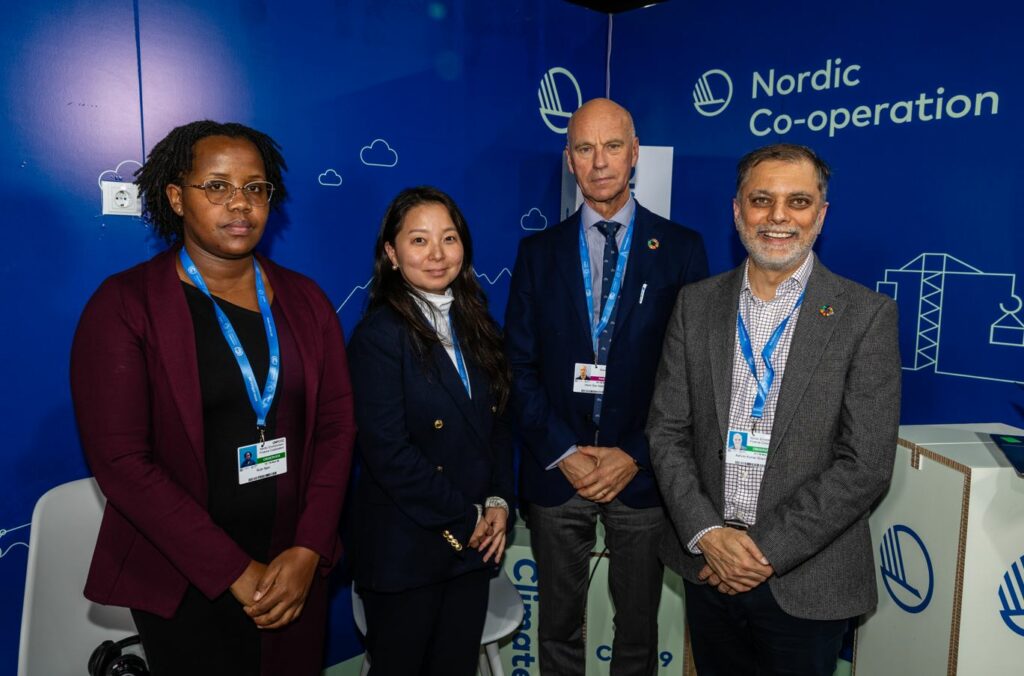
In his opening remarks, Hans Olaf Ibrekk, Special Envoy, Climate and Security, Section for Energy, Climate and Environment, at the Ministry of Foreign Affairs in Norway, highlighted clean cooking as an overlooked development problem with relatively easy solutions that lack political attention. He expressed his hope of 2024 being a turning point for clean cooking and urged for the inclusion of clean cooking in the climate negotiations, citing significant emission reduction potential and cost-effectiveness. Ibrekk also stressed the need to work with financial institutions and leverage carbon markets while addressing challenges and promoting responsible carbon finance.
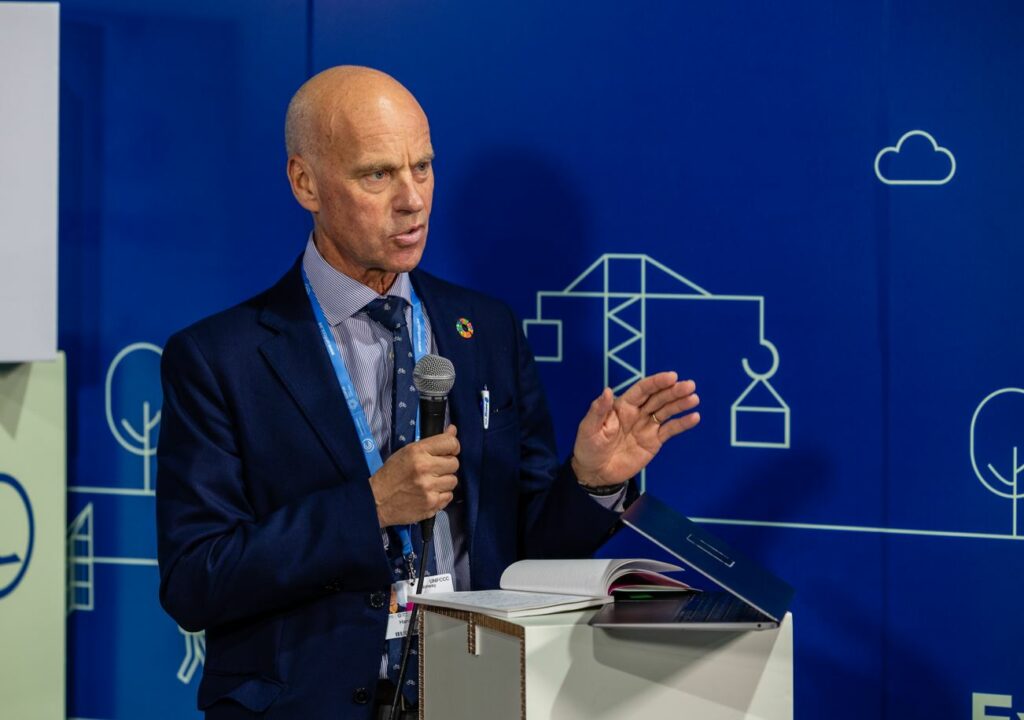
Gold Standard is working with all stakeholders in the clean cooking carbon finance value chain, and CEO Margaret Kim addressed the crisis of confidence and risk perceptions in the carbon market. She highlighted the importance of technologies, such as stove-use monitoring, in improving transparency and confidence in clean cooking projects. Kim also brought up the challenge of translating project integrity into higher carbon credit prices and the role of buyers in recognising the value of high-integrity projects.
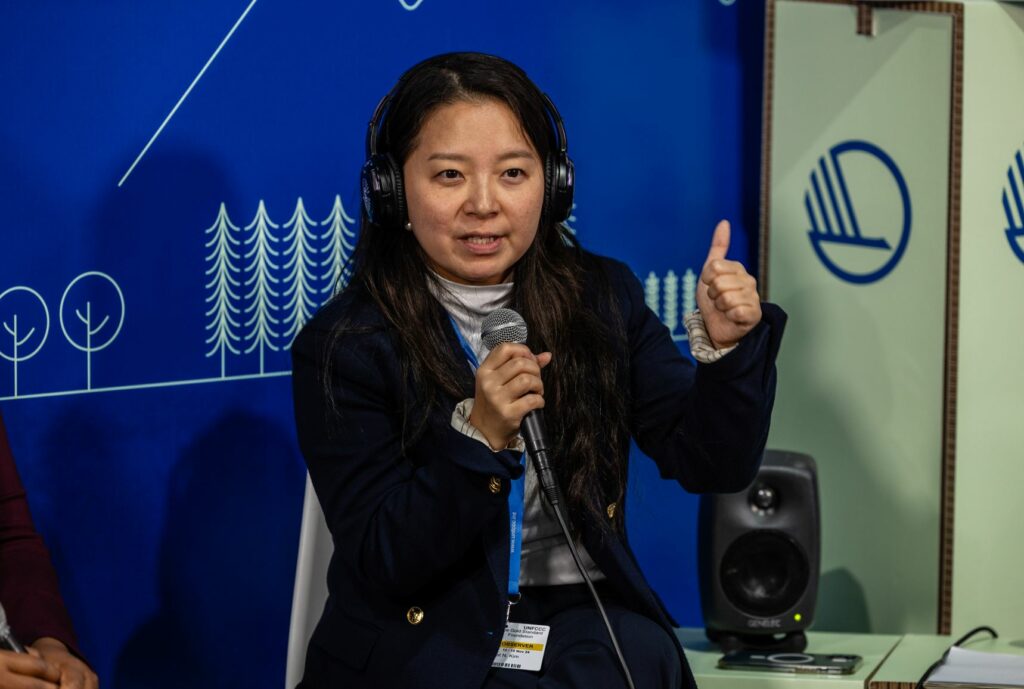
Tom Price, CEO of the MCFA portfolio company EcoSafi – The Better Cooking Company – emphasised the significant impact of clean cooking on CO2 emissions and the importance of overcoming scepticism in the carbon market. Using Ecosafi as an example, he highlighted the potential of digitisation and technology to differentiate solutions and prove impact, enabling significant recurring revenue from climate finance for clean cooking. Price shared Ecosafi’s success in securing multi-year carbon credit off-take agreements at higher prices thanks to the use of a metered and measured methodology and efficient stoves, which have been fundamental to the development of its business operations and leveraging additional finance.
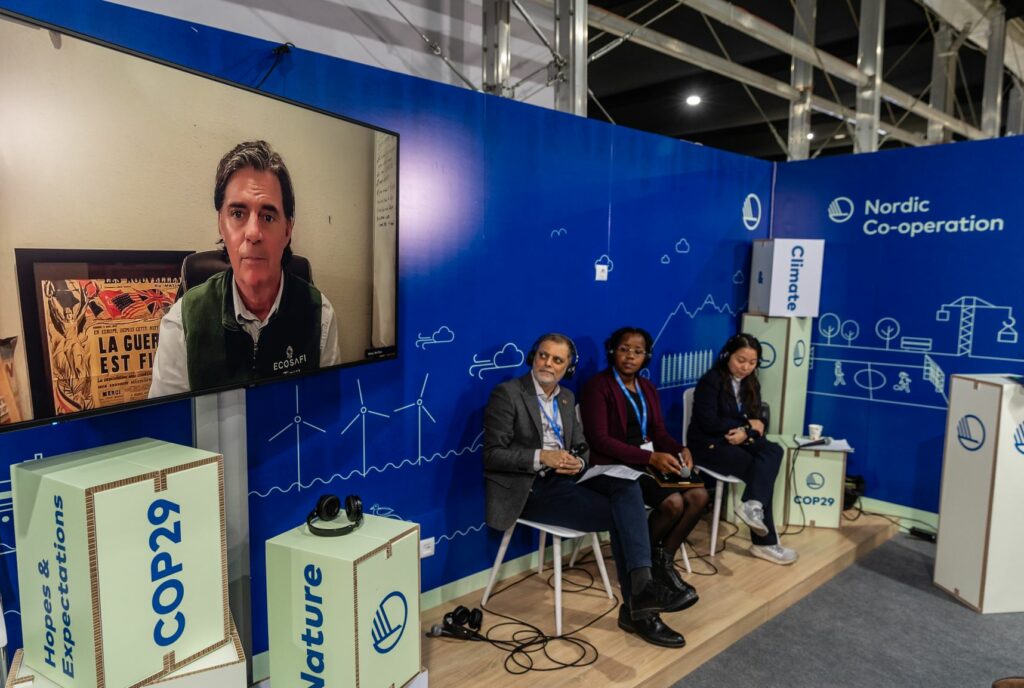
Today, 90% of households in Zambia are still using charcoal and firewood, Ruth Gichuhi, Senior Manager at EED Advisory, pointed out. She emphasised the importance of developing strategies that consider carbon financing potential and health benefits to ensure sustainable adoption of clean cooking solutions, addressed the affordability issue and highlighted the importance of promoting the continuous use of clean fuels and supporting the availability of fuels close to users.
Gichuhi pointed out that “local fuel production can offer significant business opportunities”. EED Advisory has been developing the biofuels component of the national clean cooking strategy in Zambia with support from MCFA and national stakeholders.
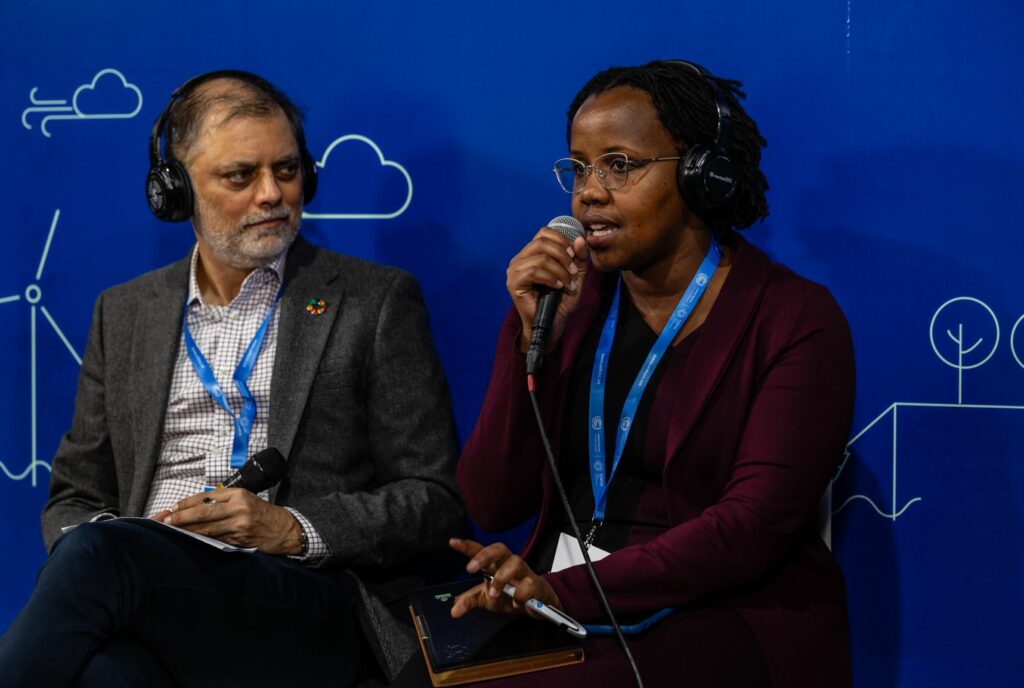
Today, MCFA finances projects in seven countries: the Democratic Republic of the Congo, Kenya, Malawi, Mozambique, Tanzania, Zambia and Zimbabwe and has so far contracted 13 companies under its first funding round. The second funding round closed at the end of January 2024 and initial projects are expected to be contracted in spring 2025. The overall aim of the MCFA programme is to provide access to clean cooking solutions for up to 4 million Africans by the end of 2029.
For further information about the event and MCFA:
See the COP29 event recording on Nefco’s YouTube channel.
Visit www.moderncooking.africa and the event page for more information.
For more information, please contact:
Ash Sharma, Vice President of Special Funds at Nefco
Ash.sharma@nefco.int, +358 10 618 06 53
Lia Oker-Blom, Senior Communications Officer at Nefco
lia.oker-blom@nefco.int, +358 10 618 06 71
Photo: MCFA side event speakers at the Nordic Pavilion at COP29 – Joel Sheakoski for Nefco/MCFA
- Carbon finance
- Clean Cooking
- COP29